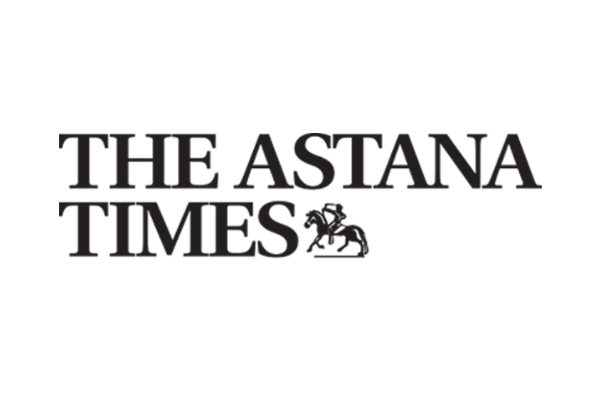 NUR-SULTAN – The Atyrau region is one of the largest industrial regions of Kazakhstan. The region’s economy now accounts for more than 10 percent of the national gross domestic product. Approximately 30 percent of investments attracted to the country come from this region. The share of Atyrau in total industrial output of Kazakhstan has reached 20 percent this year.
NUR-SULTAN – The Atyrau region is one of the largest industrial regions of Kazakhstan. The region’s economy now accounts for more than 10 percent of the national gross domestic product. Approximately 30 percent of investments attracted to the country come from this region. The share of Atyrau in total industrial output of Kazakhstan has reached 20 percent this year.
The region observed positive trends in all main socio-economic indicators in the five months of 2021, Akim (Governor) of the Atyrau region Makhambet Dosmukhambetov said in an interview to PrimeMinister.kz.
This May, the government approved the region’s socio-economic plan for 2021-2025. “It is expected to attract investments worth 8.6 trillion tenge (US$20 billion) and to implement projects such as the expansion of the Tengiz field, the Kashagan development project, and the construction of an oil and gas chemical facility,” said Dosmukhambetov.
It is reported that a gas processing plant with a capacity of 1 billion cubic meters per day will be built at the Kashagan field. A polypropylene plant launched by Kazakhstan Petrochemical Industries (KPI) is also under construction. The project will increase oil production by approximately 25,000 barrels per day at the Kashagan field.
It is also planned to modernize equipment at the Kashagan oilfield to increase production by 2 million tons per year, and to build a facility for hot-dip galvanizing processes at the Atyrauneftemash plant.
“The project on the Kashagan field expansion is important. It includes the construction of the Third Generation Plant (3GP), the launch of sour gas injection technology, a large gas turbine power plant, wells, and other installations… These projects determine the dynamics of the country’s oil industry development,” he said.
The local authorities have been working to attract more investments, which constitute about 30 percent of the total investment in the country.
In addition to the KPI project, negotiations are underway between the Samruk Kazyna Welfare Fund, KazMunayGas National Company and the Russian company Sibur Holding to launch a joint project in the region.
The authorities held talks with Russia’s TATNEFT group of companies on the production of synthetic rubber.
“The National Industrial Petrochemical Technoparkspecial economic zone has been created in the region to work in this direction. Special areas were allocated, and the construction of additional infrastructure is planned. All these measures will provide many job opportunities for locals,” he said.
This April, President Kassym-Jomart Tokayev noted that the Atyrau region has made a special contribution to the development of the economy of an independent Kazakhstan.
The leading oil and gas companies including Tengizchevroil, Chevron, Shell, ExxonMobil, and the North Caspian Operating Company operate in the region.
More information available at: https://astanatimes.com/2021/06/atyrau-region-implements-major-oil-and-gas-projects-to-attract-more-investments/